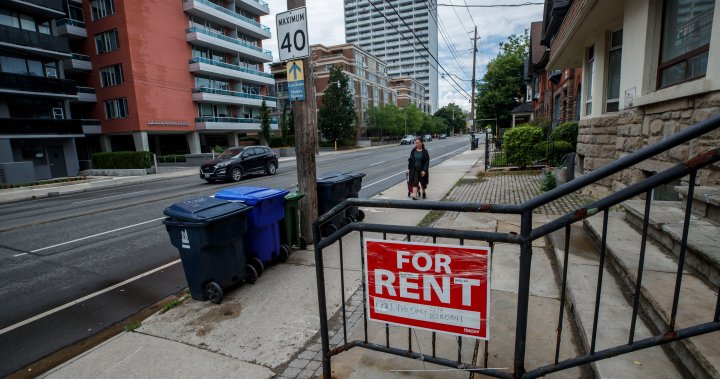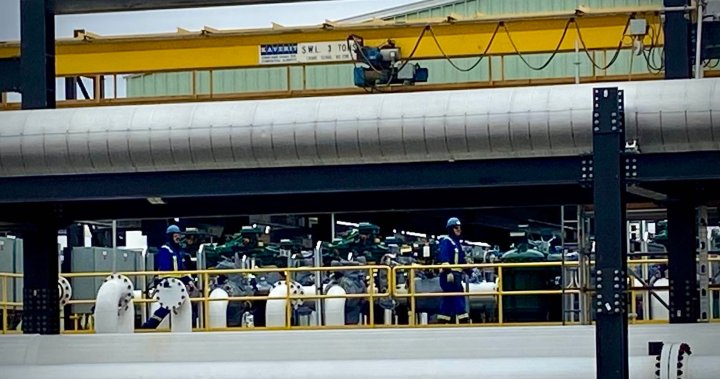Rents are up nationally, but there is some good news for renters — the rate of growth is the slowest it’s been in 31 months.
Average asking rents for all residential property types in July were up by 5.9 per cent compared with this time last year, the National Rent Report from the website Rentals.ca said on Wednesday. While average rents reached $2,201 a month, this represented the slowest annual rate of growth over the past 31 months.
Both Vancouver and Toronto saw monthly increases in rent, but the spikes were small. Both markets saw annual drops overall in rent prices.
Toronto saw a monthly rent increase of 0.2 per cent, but a 4.6 per cent decrease compared with July 2023, bringing average rents to $2,719. Vancouver still has the highest average asking rent in the country across all property types at $3,101 per month. This is a 1.9 per cent increase from last month, but a 7.2 per cent annual decline.
Among major cities, Edmonton saw the highest annual increase with a 14.3 per cent annual increase to $1,579, while Calgary’s rents grew by 3.7 per cent to $2,111. Ottawa showed the second highest annual pace of rent growth this month at 4.1 per cent, reaching an average rent of $2,218.
Financial news and insights
delivered to your email every Saturday.

Get weekly money news
Get expert insights, Q&A on markets, housing, inflation, and personal finance information delivered to you every Saturday.
Montreal saw an annual rent increase of 0.8 per cent, but the city has a declining streak with rents falling for the third consecutive month, by 0.5 per cent to $2,003.
“As we move past the peak of summer, we’ve seen very little of the uplift typically expected with the warmer months,” said David Aizikov, senior analyst at Rentals.ca. “However, as the weather cools and days become shorter, rental demand typically slows, which may further slow market rent growth.”
Among the provinces, Saskatchewan saw the fastest-growing rents, with rents for purpose-built and condominium apartments increasing by 22.2 per cent year over year to $1,331 despite a monthly decline of $8.
Ontario and British Columbia were the only provinces that saw overall annual rent decreases. B.C. was down two per cent to an average of $2,570 and Ontario down 1.5 per cent to an average of $2,396.

Rents for purpose-built apartments grew by 8.9 per cent, the sharpest increase of any housing type, to $2,131. Condominiums saw a much smaller annual increase, with a spike of 1.9 per cent bringing average rent to $2,334.
Houses and townhouses saw an annual increase of 2.4 per cent, bringing the average asking rent to $2,201.
The rent for shared accommodation rose annually by 9.1 per cent across four provinces, reaching an average of $1,005 in July, the highest average rent of the past five months.
Toronto saw roommate rents decline 0.3 per cent monthly and 4.9 per cent annually to $1,232, while Ottawa saw a 0.3 per cent monthly increase but a 1.2 per cent annual decline to $941.
Vancouver continues to be the most expensive city for roommates, with average rents at $1,476, up 1.4 per cent annually. Calgary saw the sharpest increase in roommate rents at 8.9 per cent to $923.
© 2024 Global News, a division of Corus Entertainment Inc.





